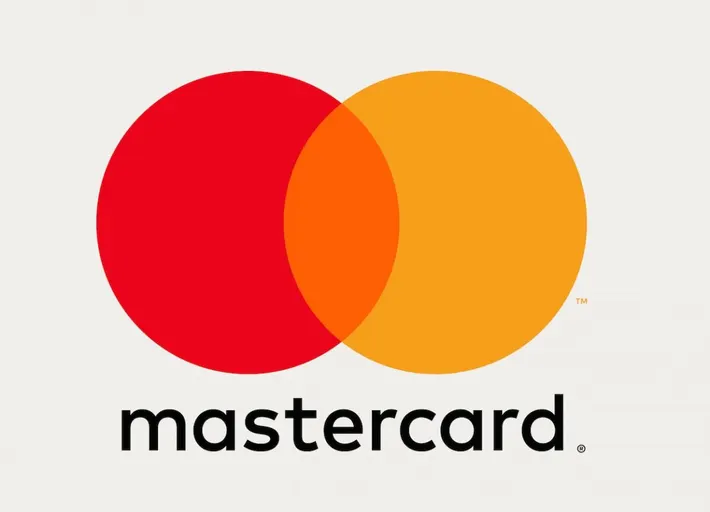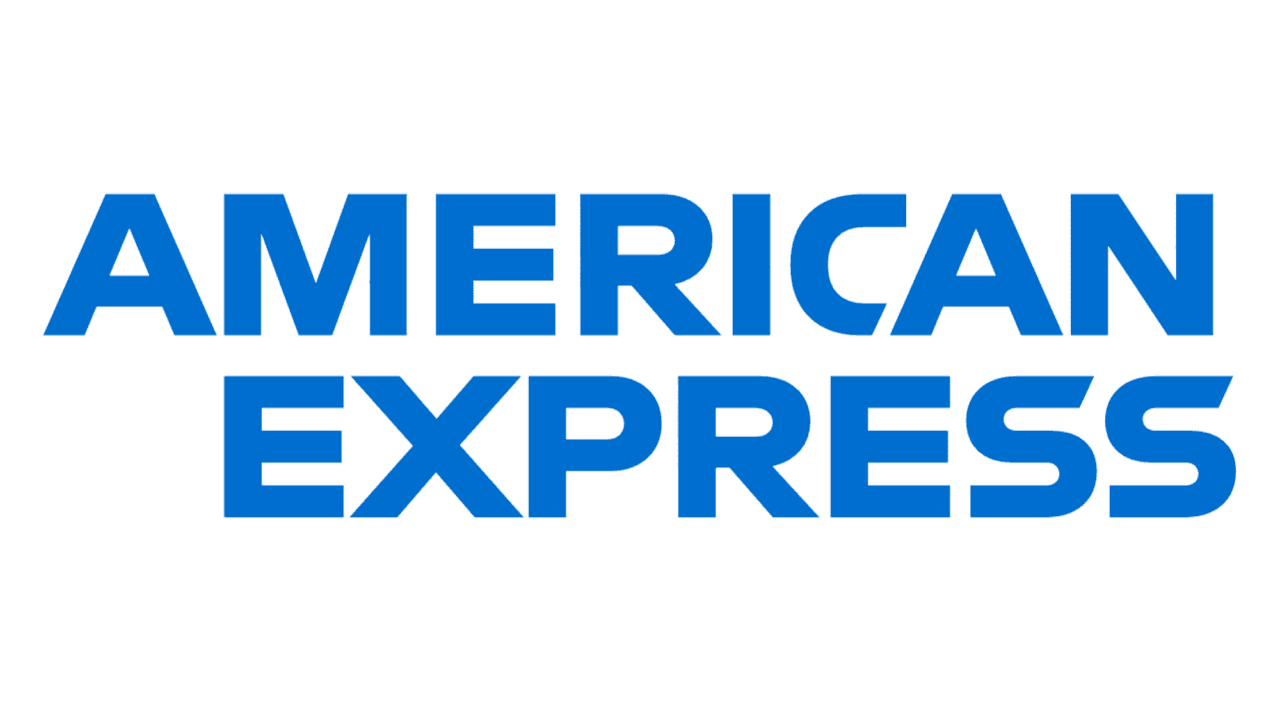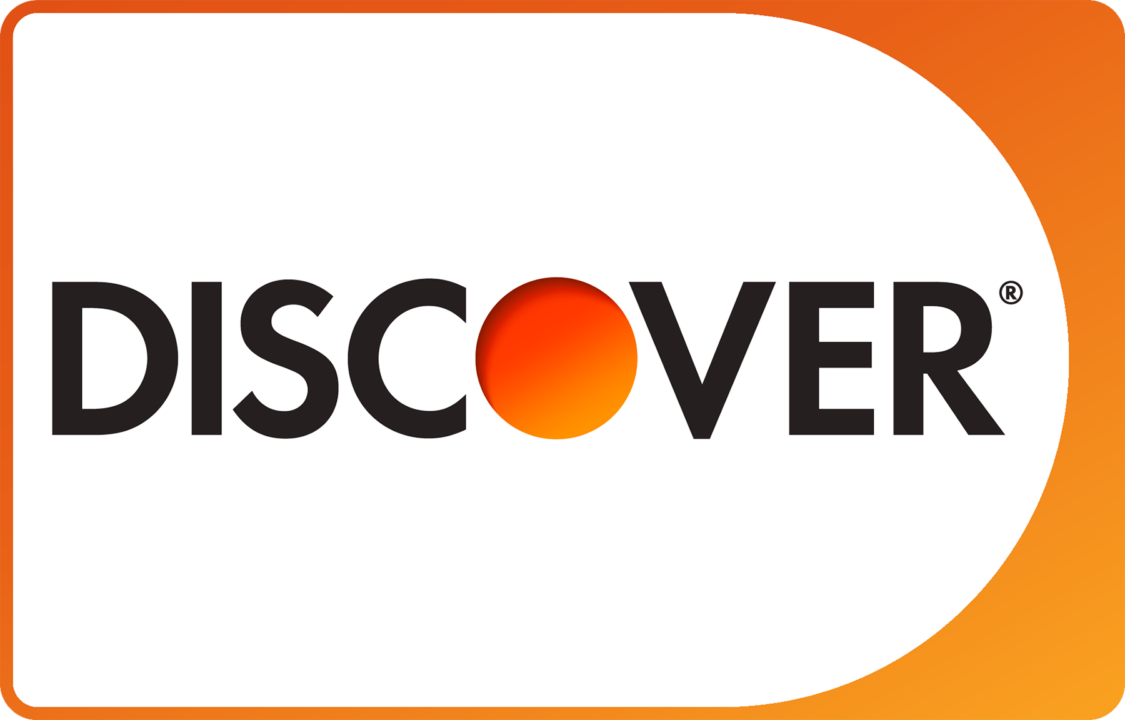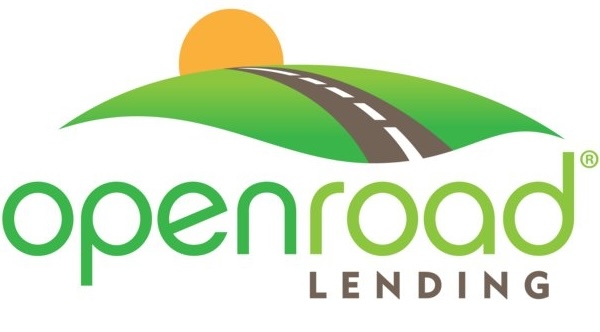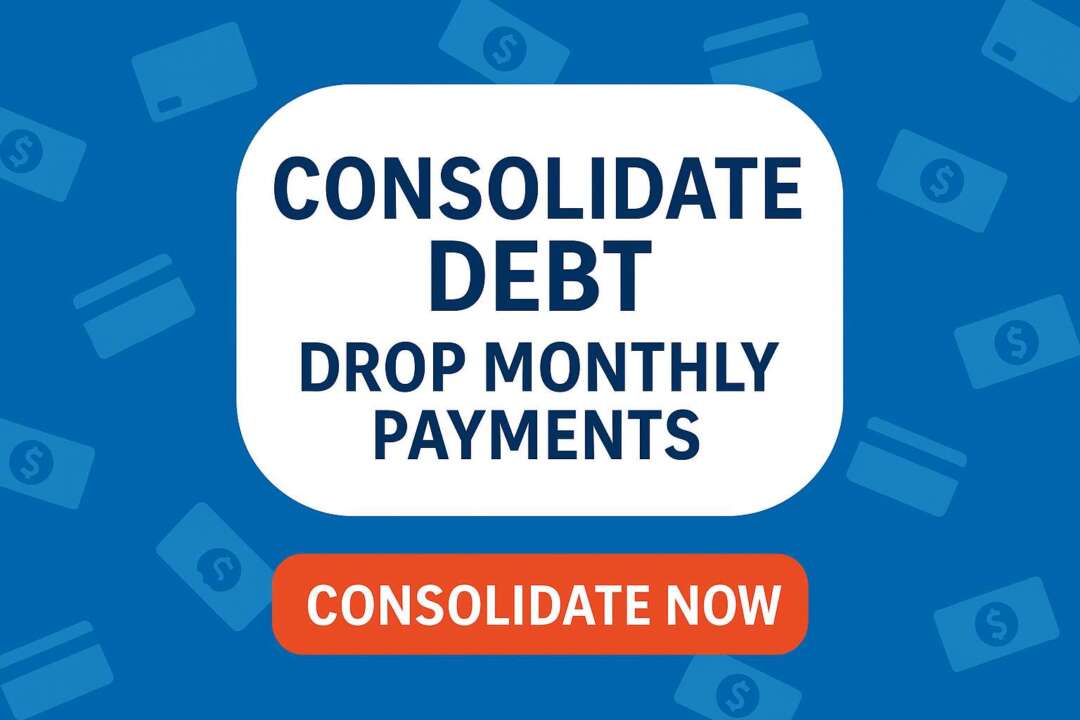
How credit cards work
Most people know the basic of how credit cards work. They issue you a card and set a credit limit, which is the most they’ll lend you. When you use the card to buy things, they cover the cost for you, whether you swipe, tap, insert, or buy online. This is handy because you don’t always need cash on hand, keeping your money safe in your checking account. Credit cards also secure online or phone purchases. While you can use a debit card for this, credit cards provide fraud protection, shielding you from responsibility for fraudulent charges, something often lacking with debit cards. While all of this is nice, it’s only part of the story.
The other side of how credit cards work is how they impact stores or other businesses that accept them as a form of payment. When a business decides to accept credit card purchases from a specific credit card network (more on this later) they agree to pay a percentage of the transaction cost to the card network. Effectively, they give a small discount to credit card network. For example, say you go to your favorite store and swipe your card to buy a $20 t-shirt. Then the credit card will note that you agreed to pay $20 for the shirt. You will see that charge on your next credit card bill. The credit card network will immediately pay the store $18.50, keeping $1.00 as a transaction fee plus $0.50 as a 2.5% interchange fee. Note these fees are real but the amounts are made up.
How do you get a credit card
Getting a credit card depends on your credit history. But there are a couple of basic requirements in order to get a credit card. First, you need to show some way to be able to pay the monthly bill. Credit cards aren’t free money, you have to pay the credit card for everything you charge on your credit card. Second, you need to provide some reason to make the credit card issuer believe that you will pay the monthly bill. This can come in the form of a good credit score, a deposit (for a secured card), some type of history that shows you are reliable. Otherwise, it’s possible they will give you a very low credit limit to give you a chance to prove that you are trustworthy.
For students
Many credit card companies offer special small dollar credit cards to college students. The only requirement is some form of income that will allow them to pay the bill. These are usually offered with low limits to give you a chance to prove your credit worthiness. The limits often begin as low as $200 or $300, but with good payments the limits will increase over time. For students getting a credit card for the first time, its important to remember that you have to pay the bill. If you are not working and do not have the cash available to make a purchase then using a credit card is not a good idea. Lots of students have made this mistake and got their credit card usage started in the wrong way.
When new to credit or no credit
Just like with students, many companies offer introductory credit cards that allow you to grow into good credit habits. As long as you can show that you have satisfactory income you can often get your first card. A good place to look is your current bank or credit union. Because they are already providing you with a checking account and/or savings account, they will trust that you are low enough risk to offer a small dollar credit card to help you begin building your credit history. You can also check out our offers for “Credit Cards for Beginners.”
With bad credit
Having bad credit can sometimes prevent you from getting a new unsecured credit card. This is because you have shown issues in the past. If you didn’t make your payments before you will be viewed as less likely to repay the new credit card balance. However, you can change this view and improve your credit. But you may need to look for a secured credit card first. These cards offer a small credit line and work like any other credit card. This includes reporting your payments to credit bureaus. In order to get this credit line, you will have to provide a cash deposit to secure the credit line. In essence you’re not really getting credit but a payment tool. This gives you the chance to rebuild your credit. Then you can qualify for an unsecured card with your improved credit.
With good credit
As your credit improves, so does your access to credit cards. Most of the time you can get a credit card with a credit score of 660 or higher. You may be able to get an unsecured card with a lower credit score as well. The higher your score climbs, the more lenders will want to offer you credit cards. High scores provide you with offers for rewards credit cards and credit cards that offer lower interest rates and extra perks for having the card.
Excellent credit
If you have excellent credit, you will qualify for most credit cards. At this level, what changes is your credit limit. Your credit limit will be based more on your income rather than just your credit score. The concern for the lender is how much you can pay back each month.
How do credit cards make money
Credit cards make money in two main ways. By collecting fees and interest from the borrower (aka you). And by collecting transaction fees from the retailer(aka where you spend the money). The amount that a credit card company makes from the borrower depends on how the borrower uses the card. Sometimes a monthly or annual fee is charged to the borrower but not all cards charge these fees. Also, if you do not pay your statement balance in full by the due date, then the credit card will charge you interest on the unpaid balances. This interest can add up to a lot over time if you only pay the minimum due each month. On the other hand, even if you charge thousands of dollars on the credit card each month, if you pay the balance in full you will not have to pay any interest charges.
The good news for credit card companies is that they make money from a customer that charges thousands of dollars but pays the balance and no interest each month. This income comes from the interchange fees that the credit card and network charge to the retailer. This is a large portion of the money made by credit cards. It is also how they can offer rewards on some cards, especially to people who use the card regularly. The rewards are the credit card company giving the borrower a portion of the fees collected from the retailer.
What is a credit card network
In order for credit cards to work, they need a network. A credit card network is the network that supports, records, and processes all of the credit card transactions. When a business decides to accept payments from credit cards on a certain network, they agree to all of the terms and costs that go with that network.
There are four major credit card networks in the United States. They are Visa, Mastercard, Discover, and American Express. Of these networks, Visa and Mastercard are by far the largest.
Both Visa and Mastercard work by partnering with banks and lenders to offer credit cards. Visa and Mastercard maintain and build their network to enable transactions. Their partners, the banks and lenders, are the companies that you deal with directly. These lenders are the ones who provide your credit limit. Lenders determine the costs that you pay, including interest and annual fees. And they are ones to both make payments to the business and receive payments from you. Neither Visa or Mastercard directly work with consumers to provide credit cards.
Discover credit cards and American Express credit cards both use their own networks, similar to Visa and Mastercard, and are also the lender. That is, Discover credit cards are provided by Discover Bank and American Express credit cards are provided by American Express National Bank. These companies handle the transaction process from end to end, working with both consumers and businesses.
There are also numerous other smaller payment networks that process payments like credit cards. A few are specialized or located in other countries. It’s unlikely that you will see or use any of these networks at your local restaurant or gas station though.
What is the difference between credit card networks
As noted above, one key difference in the networks is how they are used. Since Visa and Mastercard are not lenders, they cannot directly offer cards to consumers. While Discover and American Express provide all of the credit cards used on their respective networks.
For consumers, the only other relevant difference is which cards are accepted by the businesses that you want to make purchases from. However, for businesses, the differences come in their costs and policies. Each network has its own set of charges that the business must pay to use the network and accept payments.
Credit cards companies do negotiate
As you know, credit card companies make money by charging interest and fees on unpaid balances. That part of how credit cards work. But you may not realize that they lose money if you fail to pay the balances. If you are behind on your payments, or have simply been unable to pay the balance in full recently, you may be able to negotiate with the credit card company to help you reduce your balance. Depending on the status of your account, you can negotiate fees, interest, and even principal balances.
Negotiating interest and fees
Negotiating interest and fees works well when you have a high balance and have been making on-time payments. If the interest and fees are getting the best of you, you may be able to ask for help from your credit card because they value your business. Keep in mind that they are making money from the interest you pay and the fees they collect when you use the card. To negotiate the interest, call your customer service agent. Then simply ask if they can lower your interest rate or waive some of the fees. Here are a few things to consider:
- Remind them that you have been a great customer and want to keep being a customer.
- Be polite. Kindly acknowledge that you would prefer to continue using their card instead of switching your loyalty to a new card but you feel the interest rate or fees are too high.
- Be reasonable. The company will not lower your interest rate to 0% unless they have some special promotion going on. But they may reduce your rate by 2% to 5%. This can make a meaningful difference when you are trying to pay down high balances.
Negotiating principal balance
Negotiating your principal balance can always be attempted. But you probably should not unless you are behind on your payments and/or cannot afford to make your payments. The main reason is that if you do successfully negotiate your balance, it will likely mean a couple of additional, negative outcomes.
First, your credit card will likely be closed. This doesn’t mean you don’t owe the balance, but that you can no longer make charges on it. Second, and more importantly, it will also likely mean that it will be noted on your credit report that you “settled” your account. This is a negative remark on your credit report. It will likely mean a lower credit score, making it harder to get future credit. However, settling an account and paying it off is better than failing to pay it.
A credit card company will likely agree to settle your account for less than you owe, if they believe that you will not pay the balance. They will want to get as much as possible from your account rather than have you not pay anything. But again, you must be reasonable. You will not be able to settle a $5,000 balance for $100. You will almost certainly need to offer at least 50% of the total balance. And likely much more than that in order to get the credit card to agree to a settlement.
Instead of doing this, it may be better for you to first attempt getting your interest charges lowered. The lender may even be willing to pause your interest for a few months and bring your account current if you can make some payment. This is typically a much better outcome than a settlement for both you and your credit card company.
Use a credit card to make money
Did you know that you can not only completely avoid paying fees and interest on credit cards, but that you can actually make money by knowing how credit cards work and using them wisely? In fact, many people who spend a large amount of money on their credit cards do just that. For example, business travelers have been doing this for years. By paying for their travel with a credit card, they receive benefits in the form of cash back, free travel, or other rewards from their cards. Everyone can do this though. It’s not a way to get rich, but these perks can give you a nice reward to pay for a vacation or allow you to splurge on something you normally wouldn’t or couldn’t buy.
The key to making money from your credit card is to pay your statement balance in full every month before the due date. Failing to do so will mean that you will have to pay interest on the credit card which can negate the money you earn from rewards. After that, it’s simply about picking the card or cards that offer the best rewards for spending your money where you choose to spend. Some cards offer special discounts for purchases and specific types of retailers. Some give extra benefits for using them to book your travel and some give the same reward across all types of purchases. Doing a little research will help you find the right card or cards for your needs to maximize your value.














